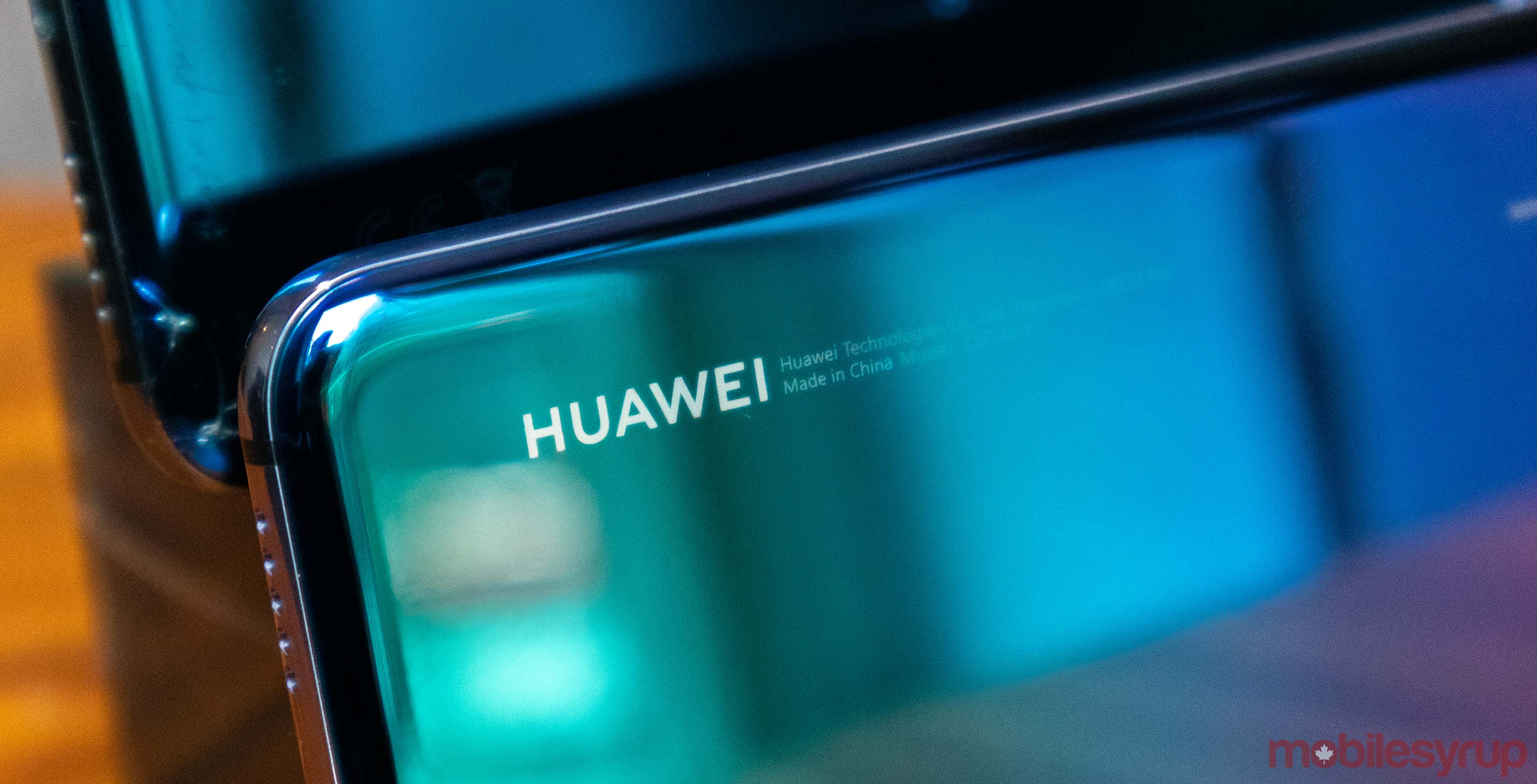
Several Chinese news and tabloid publications are criticising Canada in the arrest of Huawei’s CFO Meng Wanzhou, saying she should be released so that there are no “unnecessary troubles for its relationship with China.”
The Communist Party-run tabloid Global Times said in the December 13, 2018 editorial that Wanzhou’s arrest violates an existing extradition treaty between the U.S. and Canada and that Wanzhou should be released.
Wanzhou was arrested in Vancouver on charges related to fraud earlier this month and was granted bail after a three-day hearing hearing. She is currently facing extradition to the U.S. and U.S. law enforcement agencies allege Wanzhou attempted to evade U.S. trade embargoes against Iran.
As part of the ruling, Wanzhou must pay $10 million, with $7 million coming from cash deposits and the remaining $3 million stemming from five or more sureties — people who commit to ensuring she doesn’t flee and abides by all terms of the bail.
Further, Wanzhou will be subject to an 11pm to 6am curfew wherein she must live in her Vancouver home and remain in specific Vancouver areas. During this time, she will be required to wear a GPS-tracking ankle bracelet and pay for all costs associated with security. She must also surrender her passports, of which she has had seven in 11 years, and consent to checks from RCMP and other peace officers.
The Crown lawyer also said that there will be a 60-day period to file a formal extradition request, which will end on January 8th, 2019. After that time, Wanzhou must be released.
The Chinese editorial said the arrest was political and did not have any legal backing.
On December 12, 2018, Canada’s Foreign Affairs Minister Chrystia Freeland told reporters that Canada and the U.S. do have an extradition treaty that it respects.
“I always say that Canada and the U.S. have an extradition treaty and I think most Canadians would feel it right to have that treaty with our closest trading partner, with our neighbour with whom we share the world’s largest militarized border, with a country which is our ally with NATO and NORAD and crucially, with a country like Canada, also has a highly respected system of the rule of law. A very strong and independent judiciary system as Canada does,” Freeland said.
She reiterated Justice Minister Jody Wilson-Raybould’s sentiments that at the end of the legal process if there was a decision by Canadian courts that the legal threshold has been met for an extradition then “at that point there is a decision to be taken by Canada’s Attorney General as to whether an extradition should proceed or not.”
She added that Canada is a rule of law country and that any party wishing to seek an extradition should recognize this.
China’s state-run broadcaster, China Radio International, also published a lengthy commentary on its website.
“[It] will affect or even cost the country’s efforts to expand its exports to China and to attract more Chinese tourists. This is the most direct harm the issue does to Canada,” the website said accusing Canada of siding with the U.S.
The column goes on to read: “It is high time then for the Canadian side to size up the situation and take effective measures to avoid causing unnecessary troubles for its relationship with China. Canada does not have to set a trap for itself.”
The People’s Daily publication wrote in another opinion piece earlier this week that Canada will face consequences if it does not set Wanzhou free.
“While China does not want to cause trouble, China is not afraid of trouble either… It would be a mistake to underestimate the confidence, will, and strength of the country,” the newspaper wrote. “The Chinese side has warned, Canada will pay a heavy price.”
Source: CTV, Android Headlines


